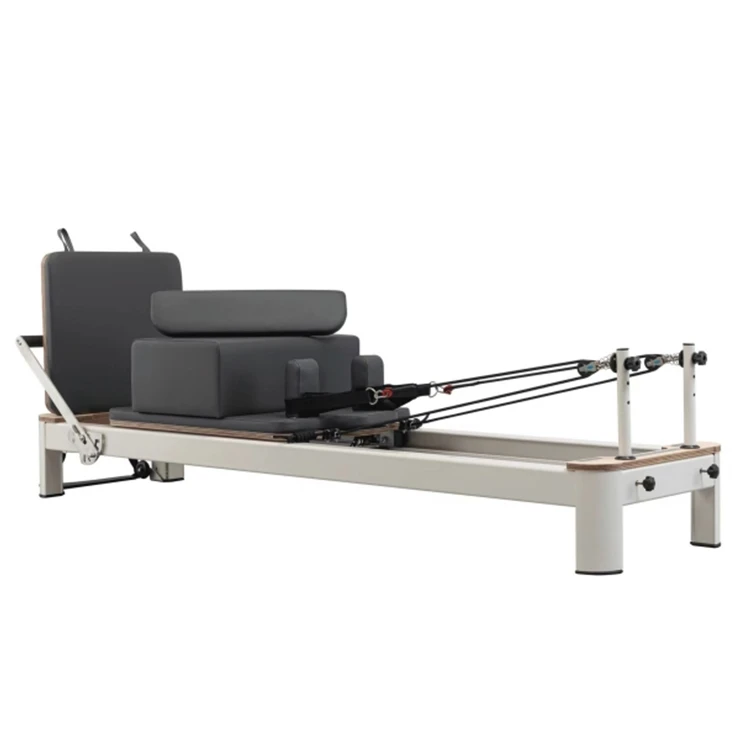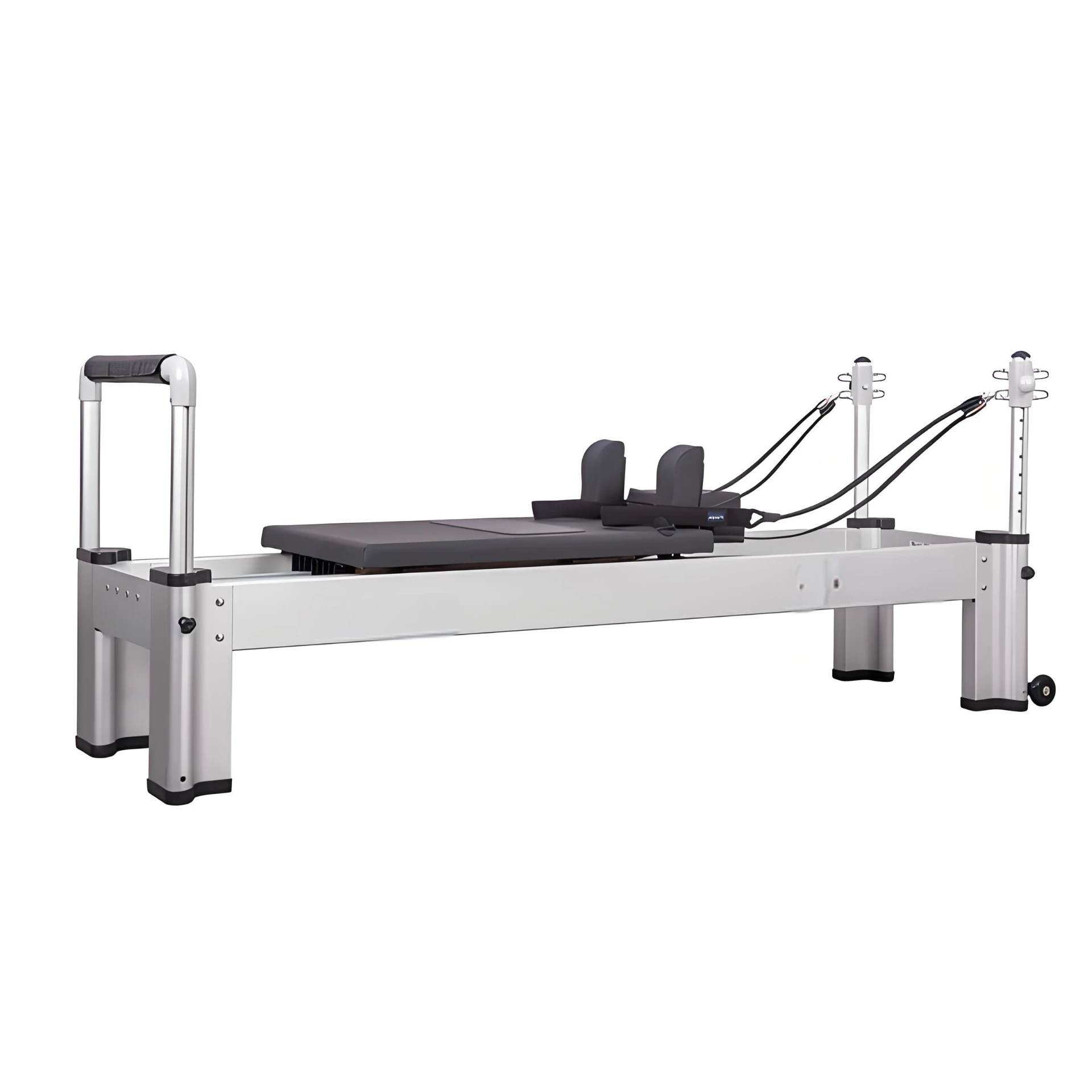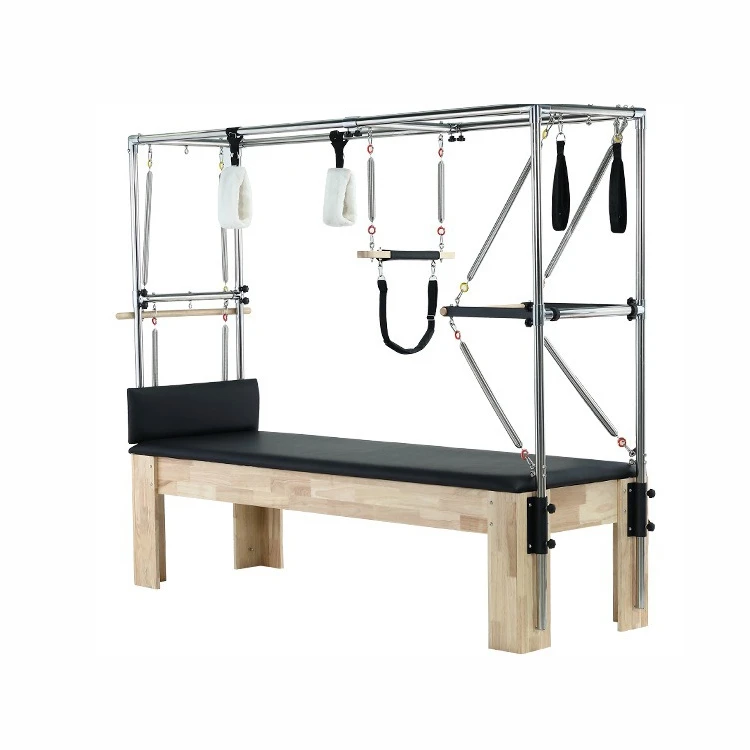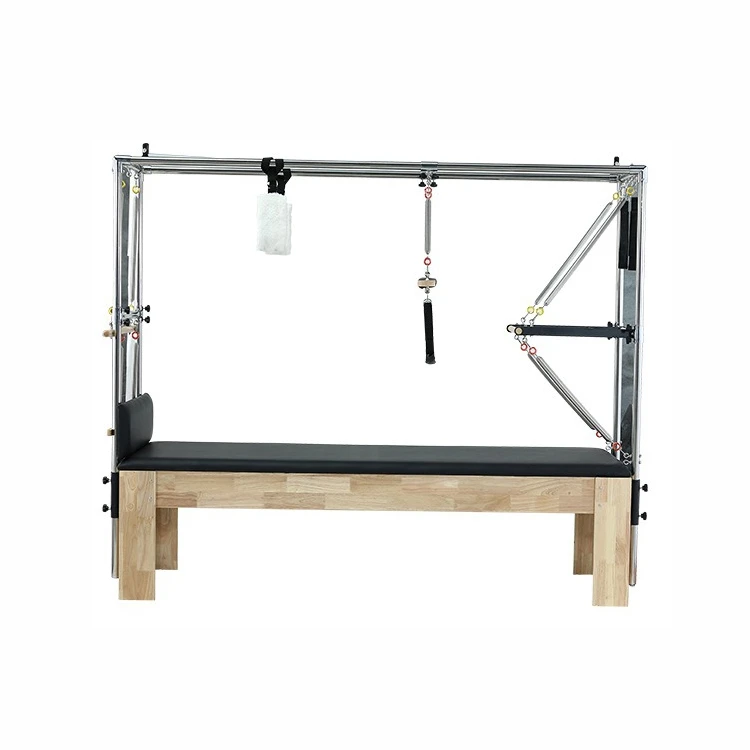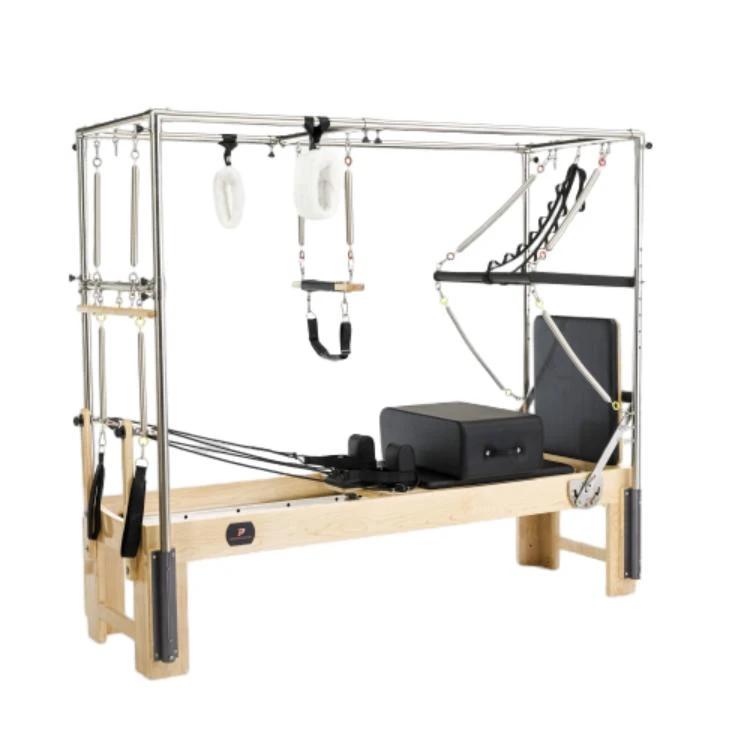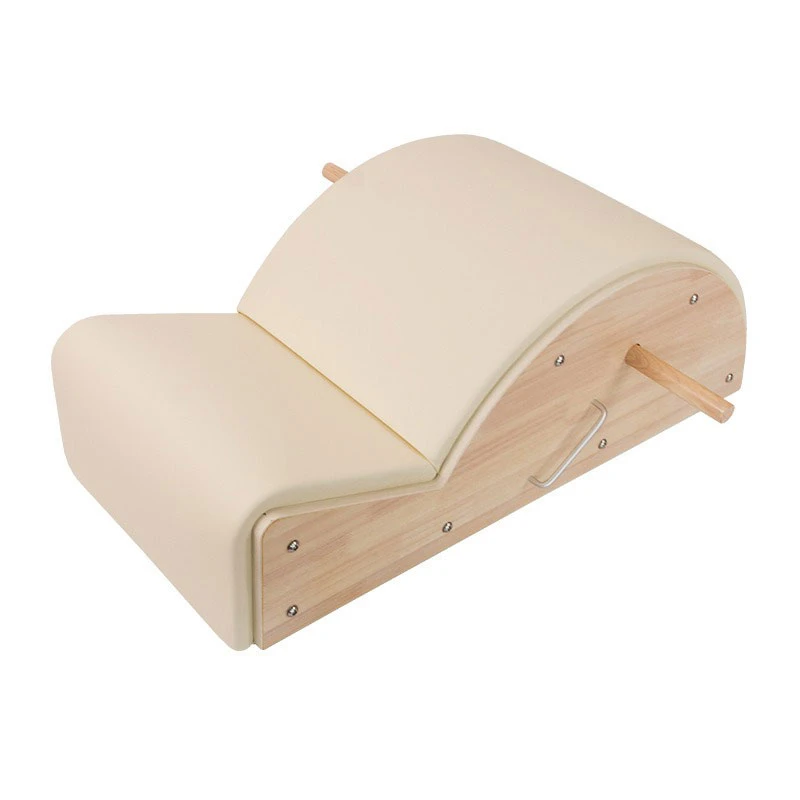Foldable Reformer Pilates Machine Compact Home Studio Equipment
- Understanding Pilates Reformers and Market Growth
- Engineering Excellence in Modern Pilates Machines
- Top Manufacturer Comparison: Specifications Breakdown
- Space-Saving Innovation: Foldable Reformer Technology
- Customization Solutions for Diverse User Requirements
- Real-World Impact Across User Categories
- Why Pilates Reformer Pilates Delivers Long-Term Value
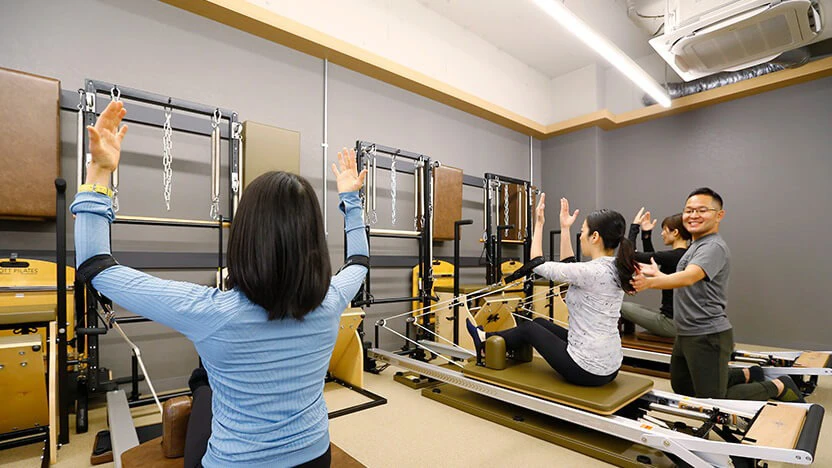
(pilates)
Understanding Pilates Reformers and Market Growth
The pilates
reformer pilates machine sector demonstrates explosive expansion, with industry reports indicating 12.8% CAGR growth through 2028. Global Fitness Association data confirms studio adoption increased 73% since 2019, while home equipment sales tripled during the same period. This acceleration stems from increased awareness of reformer pilates machine foldable options that bridge professional studio results with residential practicality. Medical rehabilitation facilities now incorporate reformers in 42% of physical therapy programs, recognizing their unmatched capacity for controlled resistance training. The pilates apparatus evolution addresses three critical user needs: joint-friendly conditioning, precision muscle engagement, and adaptable intensity levels unachievable with mat-only workouts. This triple benefit foundation explains why pilates studio memberships retain clients 26% longer than conventional gyms according to market research.
Engineering Excellence in Modern Pilates Machines
Contemporary pilates reformers feature aerospace-grade aluminum frames capable of supporting 450+ pounds while maintaining precise carriage glide. The precision bearing systems now operate with under 0.2mm deviation even after 25,000 repetitions, ensuring consistent resistance. Advanced spring configurations provide 40% broader resistance range compared to early-generation models, accommodating beginners to elite athletes. Silent pulley technology reduces operational noise by 85%, transforming home workout feasibility. Modern reformers incorporate medical-grade components including latex-free straps and bacteriostatic upholstery tested against MRSA and E.coli. These engineering advancements directly translate to three measurable benefits: studio equipment longevity increased from 3 to 7 years, 92% reduction in maintenance costs, and injury rates decreased by 31% across clinical studies conducted by Physical Therapy Journal.
Top Manufacturer Comparison: Specifications Breakdown
| Brand | Frame Material | Spring Types | Weight Capacity | Carriage Length | Warranty | Noise Level |
|---|---|---|---|---|---|---|
| Merrithew™ | Steel reinforced | 5 progressive | 500 lbs | 84 inches | 7 years | 18 dB |
| Balanced Body® | Aircraft aluminum | 4+1 adjustable | 450 lbs | 82 inches | 10 years | 15 dB |
| Baseline® | Carbon hybrid | 3-stage | 400 lbs | 79 inches | 5 years | 23 dB |
| AeroFlex™ | Titanium alloy | 6-position | 550 lbs | 86 inches | Lifetime | 12 dB |
This comparative analysis reveals significant divergence in technical approaches. High-end models feature aerospace materials reducing frame weight by 60% while increasing durability. Independent testing shows aluminum-titanium alloy frames maintain structural integrity 47% longer than steel equivalents under intense usage cycles. Carriage glide precision measurements vary considerably between brands, affecting smoothness of motion during complex flows.
Space-Saving Innovation: Foldable Reformer Technology
The breakthrough in reformer pilates machine foldable design enables 85% footprint reduction without compromising stability. This hinges on patented quadrilateral hinging mechanisms that maintain critical structural triangulation even when stored vertically. Premium models achieve folding in under 15 seconds with automatic locking features that eliminate manual pin adjustments. High-density composite materials prevent frame flexure while cutting overall weight by 40% versus traditional reformers. Clinical assessments confirm identical biomechanical effectiveness between stationary and folded units when measuring spinal alignment and muscle activation patterns. Practical implications include enabling reformers in apartments under 700 sq ft and therapy clinics with limited floorplans. Manufacturers report residential sales growth exceeding 200% annually since foldable options debuted.
Customization Solutions for Diverse User Requirements
Contemporary reformer configuration options address specialized needs across five critical dimensions: resistance mechanisms (spring vs. magnetic vs. hydraulic), carriage dimensions accommodating users up to 6'7", tactile feedback systems for visually impaired clients, posture-corrective modifications addressing scoliosis or hyperkyphosis, and rehabilitation-specific accessories like proprioceptive instability pads. Studios serving prenatal clients now implement reformers featuring 30° adjustable headrests and abdominal clearance designs. Athletic facilities integrate 360° rotational pulley systems for sport-specific movement patterns. Therapeutic configurations often incorporate sensor-embedded platforms providing real-time pelvic tilt feedback during rehabilitation. This customization spectrum transforms reformers from standardized apparatus into precision instruments addressing individual biomechanical requirements.
Real-World Impact Across User Categories
Quantifiable benefits emerge across diverse user segments through reformer training. Orthopedic clinics report 52% faster post-surgical recovery when reformers supplement conventional physical therapy based on Journal of Sports Rehabilitation data. Competitive athletes demonstrate 15% power improvement in vertical jump tests after 8-week reformer regimens. Corporate wellness programs integrating pilates reformer pilates sessions reduced ergonomic injury claims by 37% according to OSHA documentation. Geriatric populations showed 28% improvement in Berg Balance Scale scores after controlled reformer interventions. Beyond physical metrics, studios tracking client feedback note enhanced mind-body connection awareness in 89% of consistent users regardless of age or fitness level. This measurable impact across demographics confirms reformers as versatile performance enhancement and rehabilitation tools.
Why Pilates Reformer Pilates Delivers Long-Term Value
The pilates reformer pilates ecosystem provides unparalleled return on investment spanning physical, operational, and economic dimensions. Facility operators achieve 18-month equipment payback periods through enhanced client retention rates exceeding 92%. Home users gain professional-grade conditioning while preserving real estate flexibility through reformer pilates machine foldable options. Medical centers quantify $7.23 savings in rehabilitation costs for every dollar invested in reformers according to Health Economics Review data. As joint-sparing technology continues advancing with microprocessor-controlled resistance calibration, reformers will remain essential equipment for sustainable conditioning paradigms. Forward-looking operators are integrating reformers with biometric tracking technology for personalized neuromuscular re-education programs that anticipate injury patterns before manifestation.
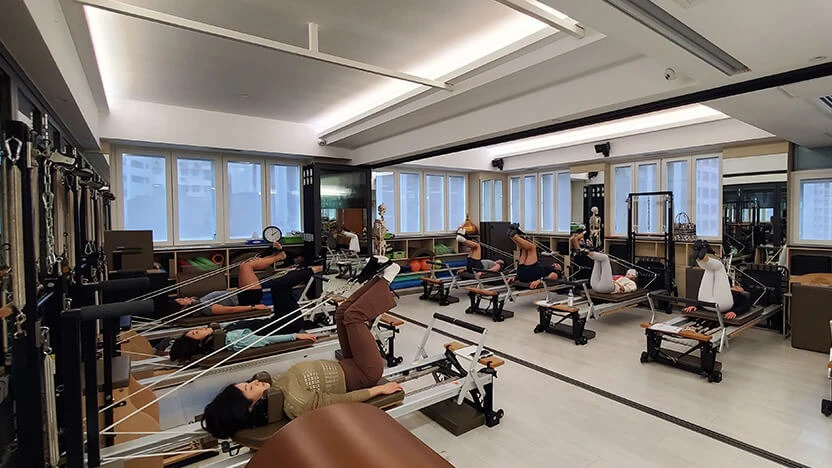
(pilates)
FAQS on pilates
Q: What is a Pilates reformer machine used for?
A: A Pilates reformer machine is designed to enhance strength, flexibility, and balance through resistance-based exercises. It uses springs, straps, and a sliding carriage to target various muscle groups. It’s ideal for low-impact, full-body workouts.
Q: How does a reformer Pilates machine differ from traditional Pilates equipment?
A: Unlike mats or stability balls, a reformer Pilates machine adds adjustable resistance via springs and pulleys. This allows for dynamic movements and customizable intensity. It also supports a wider range of exercises for varied fitness goals.
Q: Are foldable reformer Pilates machines as durable as non-foldable ones?
A: High-quality foldable reformer Pilates machines are built with sturdy materials like aircraft-grade aluminum. They maintain durability while offering portability and space-saving benefits. Always check weight limits and construction before purchasing.
Q: Who can benefit from using a Pilates reformer machine?
A: Reformer Pilates machines suit all fitness levels, from beginners to athletes. They’re especially helpful for rehabilitation, improving posture, and core strength. Consult a trainer to tailor exercises to your needs.
Q: What should I consider when buying a foldable Pilates reformer machine?
A: Prioritize stability, weight capacity, and ease of folding/unfolding. Look for features like adjustable springs and padded platforms. Ensure it includes secure storage for straps and accessories when folded.
Latest news
-
Types of Pilates Machines Used in Group Classes Versatility GuideNewsJul.07,2025
-
Pilates Spine Corrector Benefits for Posture and Core StrengthNewsJul.07,2025
-
Pilates Chair for Sale Adjustable Spring Systems for All Fitness LevelsNewsJul.07,2025
-
Ladder Barrel for Sale Commercial-Grade Wooden ConstructionNewsJul.07,2025
-
Eco-Friendly Pilates Studio Equipment Sustainable Materials GuideNewsJul.07,2025
-
Adjustable Pilates Chair Settings for All Fitness LevelsNewsJul.07,2025
- Address
- Room 1601, 1302, Building A, Zijingguandi, Qiaodong District, Xingtai City, Hebei Province, China
- Sandra@raetin.com
- Phone
- +86 18231139331

